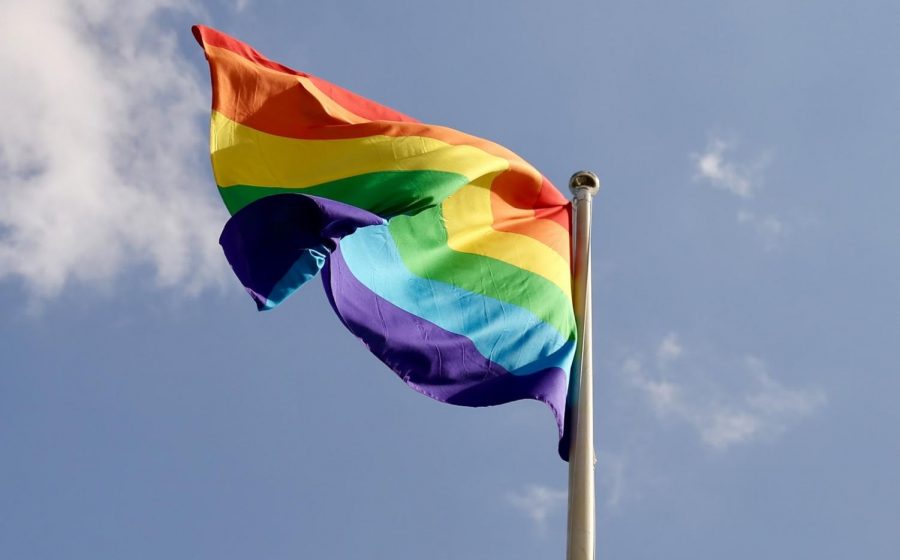The Courage It Takes: National Coming Out Day
October 11, 2018
When I was 13, I came to the conclusion that I identified as bisexual. I told no one but my closest friends for fear of reprisal.
When I was 20, I realized that bisexual was not the right fit for me, so I came out as biromantic, which is a bi person who also identifies as asexual. I told nobody but my close friends and coworkers who I trusted.
At 21, the age I am now, I realized that my sex assigned at birth was not right for me. I had experienced social and physical dysphoria for as long as I could remember. I came out again as nonbinary to several people.
Coming out for me, even though I have done it several times, has always been a difficult and emotionally laborious decision. Although the LQBTQ+ community has gained much social and legal acceptance since the Stonewall riots in 1969, there is still a fear of violence and isolation.

This is echoed by occurrences such as the attack at Pulse, a gay nightclub where 49 people were killed. The deadliest act of violence against the LGBTQ+ community occurred just a few years ago. This makes me feel unsafe as a queer-identified person.
According to Trans Student Educational Resources, 49 percent of trans people reported physical abuse in a 2007 survey and almost 59 percent of gender non-conforming students said they have faced harassment in that year.
From these statistics, I gather that about half of the people who fall under the trans umbrella encounter some kind of physical or verbal abuse. The rest: they live in fear.
These are just the social aspects of living as an LGBTQ+ individual. Legally, life can be just as challenging.
In Ohio, for instance, an individual cannot legally change their gender marker on their birth certificate. If they want to change their name and/or gender marker on their driver’s license, they have to have a form signed by a licensed medical professional. To view each state’s process of changing name and/or gender markers on a driver’s license, check out Bankrate.com‘s state-by-state resource here.
This means that even if a trans-Ohioan successfully transitions personally and socially, they are not validated by the law.
LGBTQ+ people have to constantly battle to be accepted socially and legally, making coming out feel like a political act and social rebellion. Because of this, I commend anyone who decides to come out on National Coming Out Day or already has come out.
It takes a great amount of courage to do so. To the people who decide not to come out, I understand your pains and I hope that one day the world is safe enough for you to be yourself.
The Buchtelite Staff supports you and wishes you a good National Coming Out Day on Oct. 11.
*This article was edited to include Bankrate.com’s state-by-state resource for changing name and/or gender markers on a driver’s license.














